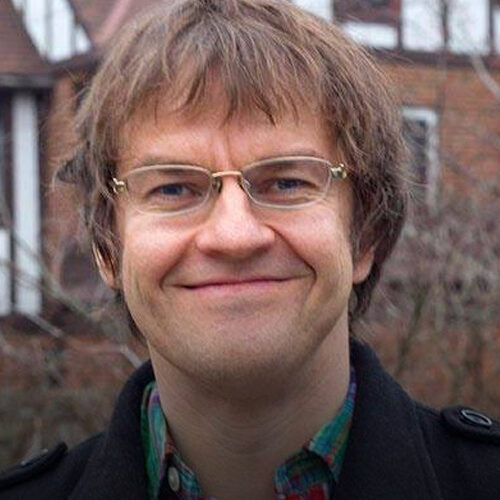by Michael W. Clune
OUT OF THE MOUTHS OF BABES –
June 29, 2023 – Addicts are enslaved by what we want. We don’t want what we want. Language must perform contortions to convey the paradox of addiction. The Apostle Paul captured this when he wrote in Romans, “For what I am doing, I do not understand; for I am not practicing what I would like to do, but I am doing the very thing I hate.” Our public culture has left us no way of understanding how my desire might not be my own.
To recover, I first had to separate myself from my desire. I needed to understand that I want drugs, but that wanting is not me. My desire is alien to my deepest self. I then needed to learn better forms of desire; others helped me to want differently.
It wasn’t simply that the particular things I most wanted—drugs—were the problem. Like many addicts, after accepting that I couldn’t use drugs, all of my other desires became insatiable. My desire for consumer goods, for money, for sex, for food grew unmanageable. I discovered that desire itself was the problem. To survive, I had to control my desires, submit them to higher principles. I had to prise open a space between my life and my wanting. The prising open of this space constitutes the irreducible spiritual core of recovery from addiction. For me, and for every other recovering addict I know, nothing in my own body or mind could possibly enable me to take this step. It took a power greater than me: the law, arrest for felony possession. As I lay in my jail cell on New Year’s Eve, 2001, a sense of relief stirred beneath the suffering of withdrawal. I could no longer do what I wanted. It was my first taste of the freedom of recovery.
The shock of discovering that desire can betray us is unique to secular culture. Every religious tradition, from Buddhism to Christianity, understands that desire tends to open bottomless pits within us. Far from furnishing a stable identity, desire is an all-consuming vortex. Addiction forces us to this understanding.



